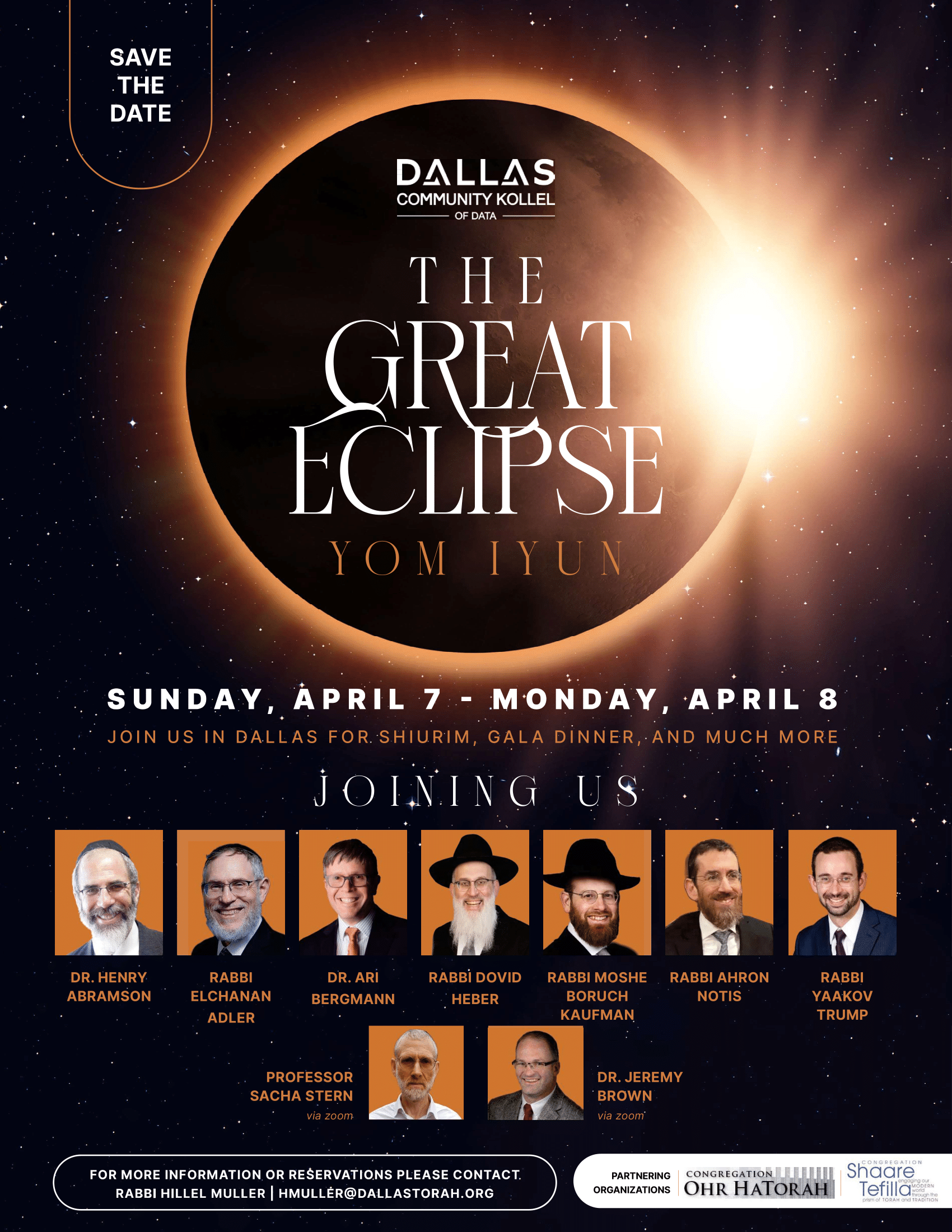I hope together we’ll set a “new bar” in your understanding of Bar Mitzvah!
The word “Bar” is an Aramaic word meaning “son”, hence Bar Mitzvah means the “Son of the Mitzvos”, or commandments. Correspondingly, “Bat” means daughter, and a Bat Mitzvah means “Daughter of the Mitzvos.
This phrase describes the state a young man or woman has become in Jewish thought and law. A Bar Mitzvah is not simply the celebration of coming of age, of becoming an adult. It is the celebration of the eligibility and responsibility to partake in the mitzvos as one who is obligated to do so, not as one doing so as an elective or merely as a ‘trainee’. From this point on in the young man’s and women’s mitzvos become more complete. They have at that point attained the minimum level of understanding and concentration deemed necessary as an adult, thinking Jew.
One more soldier has been inducted into the Army of God, performing his or her unique role in Klal Yisrael.
In another vein, when we discuss a young man with his parents and praise the boy as truly being “his father or mother’s son”, we mean he’s following in his parents’ footsteps. We recognize the parent’s good qualities, maturity, compassion, good nature and often their mannerisms and sense of humor in their son, “a chip off the ol’ block”. This type of praise brings the parents much nachas, the distinct pleasure of a child continuing their ways.
Similarly, when we call a boy a “Bar or Bat Mitzvah”, the son or daughter of the mitzvos, this means that, besides their parents, this young man or woman are following in the footsteps of the mitzvos; learning from their lessons of compassion, their depth, providing a unique direction and understanding of the world and their mission in it.
On one level, this coming of age and responsibility occurs whether or not the boy or girl did something to prepare for it, like any other birthday. The obligation to fulfill mitzvos falls in place whether or not the young man was called to the Torah, delivered a speech, or received gifts! Hence, the common expression “to be Bar Mitzvah-ed” is not entirely accurate; one is “Bar Mitzvah-ed” automatically on becoming thirteen and one day and “Bat Mitzvah-ed” at twelve and a day even if nothing transpired to mark the occasion.
On another level, however, the effect of the Bar or Bat Mitzvah is profoundly connected to the extent the boy or girl prepares him or herself.
The Kabbalistic sages explain that a Bar Mitzvah is the boy’s “spiritual Bris Milah”, circumcision. When a male baby is eight days old, he enters the covenant of Abraham by undergoing his Bris. It is performed on the eighth day, as the number 8 in Judaism represents a transcendent state of being, (going one beyond 7, which symbolizes nature, i.e. seven days of the week).
A Bris is something that others perform upon the baby boy; he did nothing to participate in this mitzvah from the perspective of his own choice, consciousness and understanding. The foreskin, or Orlah, represents the “foreskin upon the heart” spoken about by the prophets, which seals off the heart with its impurity. The first stage of removing that layer from the heart is the Bris. Then it is incumbent upon the boy himself to complete this process. During the next 13 years, he is taught Torah, performs mitzvos. With each word of Torah and each mitzvah he is striking at the “spiritual foreskin” upon the heart, the Orlas Haleiv, weakening it with every blow. If the boy worked hard at that process, on the actual day of the Bar Mitzvah, the day he becomes 13 and a day, the Orlas Haleiv is dealt its final blow and is removed, the spiritual side of the original Bris now complete. At that point, the “evil inclination” which seeks to block the heart is cut away, leaving the boy free and complete to begin his growth unbridled, to develop into a pious, scholarly and righteous Jew. May all Jewish boys and girls experience that profound spiritual ecstasy, enriching themselves and the entire Jewish people!
Sincerely,
Rabbi Yerachmiel Fried


